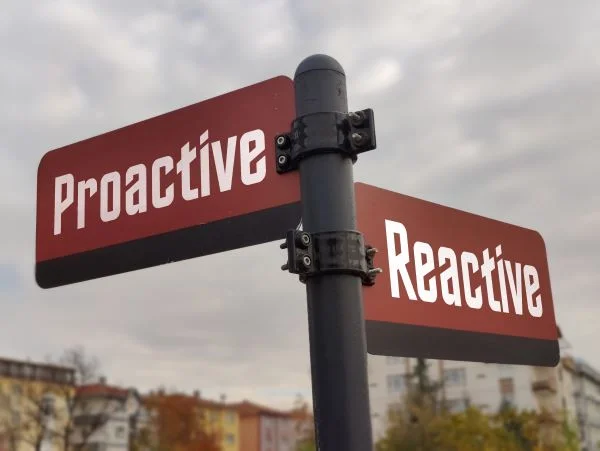With no end in sight to „austerity“ and only meagre expectations for growth in consumer demand, the necessity for organizations to be different and to perform better is acute. Today’s leaders are bending their minds to the business of winning with a greater intensity than we’ve seen for a generation. You may be concerned about the advantage they’ll get from the terabytes of ‚Big Data‘ they have at their disposal, or their army of analysts poised to deliver unique competitor intelligence. But the simple truth is that whatever resources they have at their disposal, the only factor that will allow their deliberations to be more meaningful than yours is the speed and accuracy of their problem solving and decision making – in short, their ability to think.
In this paper I’ll explore how improving the brainpower of your organization might become the key to your competitive success. I’ll start by looking at why the thinking patterns we, as individuals, use to run the majority of our lives cannot, without modification, be relied upon to shape the thinking within our organizations. I’ll explore how these thinking patterns can be modified to produce superior cerebral performance for both individuals and teams. Finally, I’ll go on to outline how some of these ideas can be introduced in such a way as to create a truly „Thinking Organization“.
What’s wrong with the way we think?
We might expect that the ability to think clearly and effectively is the essential component of leadership and management. After all, how did these good people secure their elevated positions without the ability to appraise complex situations, solve problems, make decisions and manage risks and opportunities? The evidence to support this view, however, is not encouraging…
- High-level mismanagement led to Lehman’s $600 million demise. The financial crisis triggered by this collapse is estimated to have caused, indirectly, the loss of 2 million jobs.
- Hoover in the UK offered two free flights for every purchase over $150. The flights cost more than the products, losing the company a cool $74 million.
- IBM hired Microsoft to develop an operating system for its new PC – but let them keep the rights to the software.
These examples, of course, don’t prove that poor quality of thinking is endemic across all organizations. What it does show is that one piece of poor thinking can make or break a career and perhaps even an entire company. As long ago as 1995, the Yankelovich/Kepner-Tregoe study „Problem Solving and Decision Making“ found that senior executives took a dim view of the decision making prowess of large organizations. Of the leaders surveyed, 80% felt that their colleagues missed achieving their objectives when decision making.



